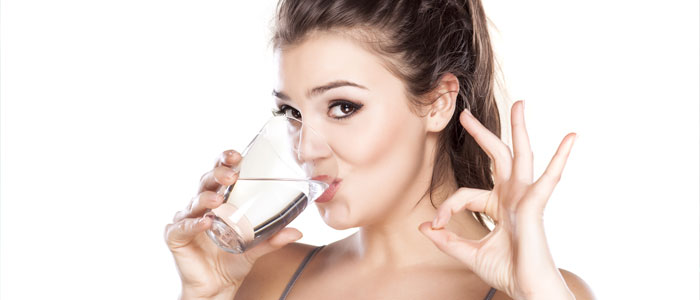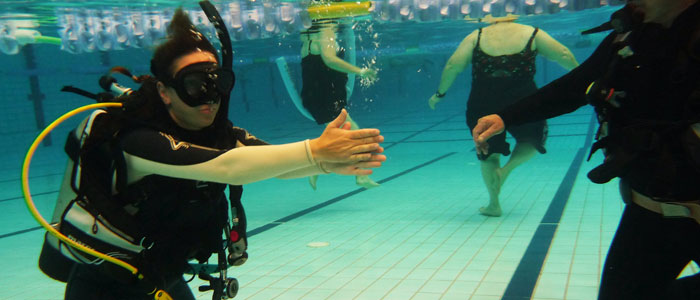By Dr Maggie Phillips & Dr Alicia Siggs – Globe Medical (Adelaide)
Winter is here and, while many divers enjoy the improved visibility and car parking that comes with the cooler temperatures, others start dreaming of warmer waters. With the islands of the Pacific just a short flight or two away, it’s no wonder these destinations are a popular choice for Adelaide divers looking for an overseas diving experience.
If you’re planning an overseas dive trip, consider our top tips for staying healthy while diving in the Pacific.
1. Get updated
Update your dive skills with a PADI refresher course if you haven’t dived in a while. Conditions and temperatures will be different and you may be using unfamiliar equipment, so good skills and buoyancy control are essential. Consider having a review Diving Medical performed by a qualified provider. It may be 20 or 30 years since your initial Diving Medical. A lot can change in that time, such as new medical conditions and medications that could potentially impact on your safety while diving.
2. Be prepared
Ensure that you have suitable insurance. This may mean accessing specialised Dive Injury Treatment Insurance (such as that offered by DAN) in addition to your regular Travel Insurance. Even experienced divers can get “the bends” and most cases occur within computer limits and with no apparent problems during the dive. Many of the best dive sites are in exotic locations, which may come with other health risks. If you’d rather spend your dive trip diving and don’t fancy being out of action due to traveller’s diarrhoea, dengue fever or influenza, see a specialist Travel Medicine provider for a comprehensive pre-travel consultation.
3. Look after your skin
Protect yourself from the sun and stings. The best way to do this is by wearing a full suit, usually a 2-3mm for the tropics. Lycra suits are an alternative. Blisters can sometimes form when using rental booties and fins, or even when using your own gear multiple dives a day. Cover any broken skin with a waterproof dressing such as hypafix to avoid infection and further rub injury. Never touch or hold on to the reef. Apart from damaging the sensitive living organisms that make up our precious reefs, coral toxins and marine bacteria can cause skin irritation and infection.
4. Hydration is key
Dehydration is a known risk factor for decompression illness. Hydration needs to be kept up at all times during your dive trip. Be sure to drink plenty of water during the flight. If you suffer from seasickness, take preventive medication before setting off on the dive boat. Take steps to avoid traveller’s diarrhoea such as safer food choices and good hand hygiene. If you get diarrhoea or vomiting, use an electrolyte replacement solution and don’t dive until you are well. Stay out of the sun as much as possible and limit alcohol intake.
5. Mind your ears
When doing multiple dives over multiple days, water caught in the external ear canal can lead to infection and the very painful condition “Swimmers Ear”. Avoid this by using alcohol and vinegar based ear drops (such as “Aquaear“) after diving to help dry up residual water in the ear canals. If you have sensitive ears, “negative entry” dives (entering the water without air in the BCD to immediately descend to the site), although exhilarating, may not be for you. Choose dives where you can take your time.
6. Sit one out if you have to
Always dive to your ability, which may vary depending on how you feel on the day. Although you may be tempted to “get your money’s worth”, putting yourself at risk is not worth the money. Diving when you have a cold, for example, risks middle ear barotrauma: a very common diving injury that could put you out for the rest of the trip. Similarly, don’t pressure the dive resort operators with demands if they deem the conditions unsuitable. After all, we all dive to enjoy and dive again.
Dr Maggie Phillips & Dr Alicia Siggs
Globe Medical is an award winning AGPAL accredited medical centre located in the heart of Adelaide’s CBD in Hindmarsh Square. Our doctors have expertise in a diverse range of medical capabilities including Travel Medicine, General Practice, Student Health, and conduct Recreational SCUBA Diving Medicals to the Australian Dive Standard 4005.1









